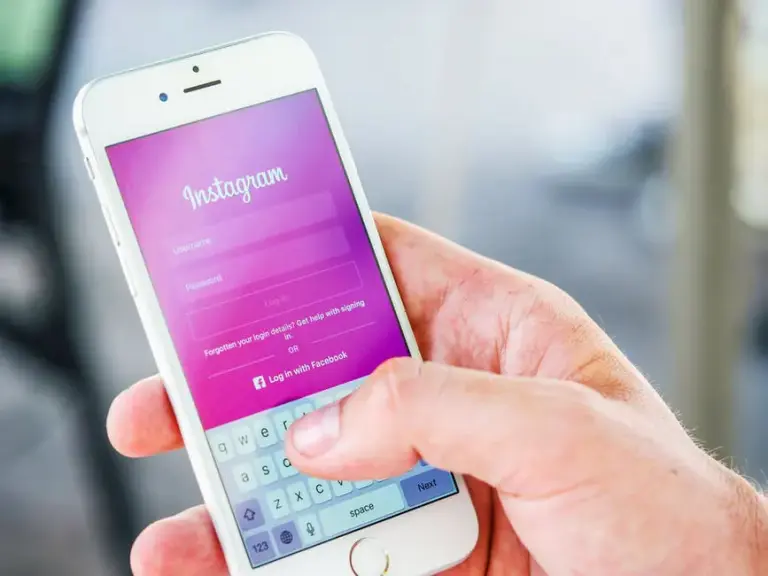What is Gen Z?
Pew Research defines “generation z” as a person born after the year 1996. Gen Z (aka. “Zoomers”) is often stereotyped as social-justice warriors that are tech-addicted, and antisocial. Generation Z is a recent generation, some members of this generation will not remember the days before mobile phones and social networking.
Some might know the generation’s names as Post-Millennials, Zooms, Zoomers, or the iGeneration. What matters most is that our future will be shaped by this generation. The most surprising generation z stats are about generation z’s growing size. Gen Z’s age range from 1996 to 2010.
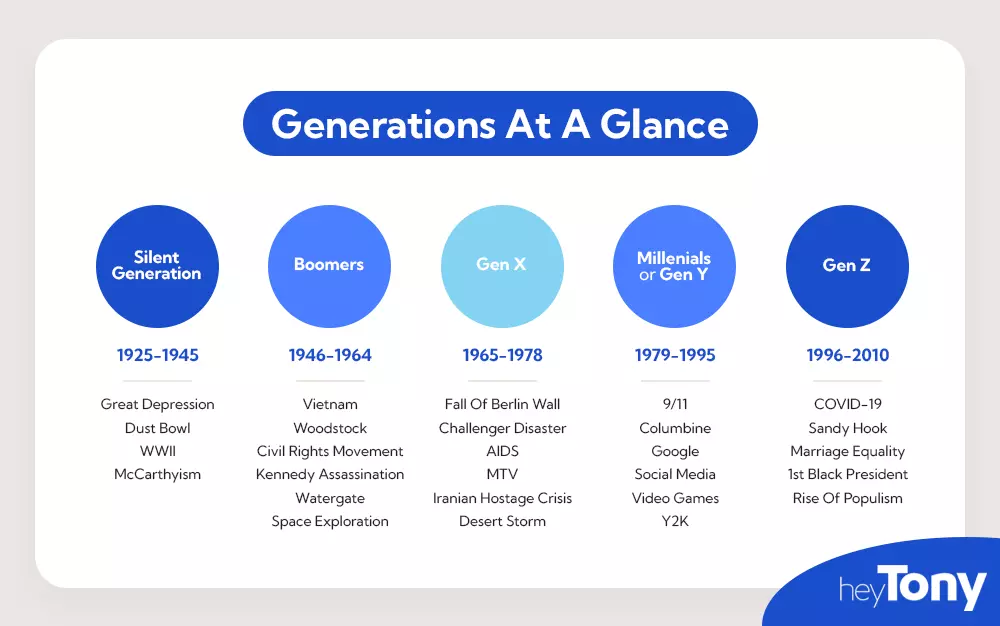
Related: Internet Users in Canada
What are the demographics of Generation Z?
The group currently constitutes about 20% of the American population. According to Media Market, as of 2025, Generation Z comprises approximately 25% of the global population and about 20% of the U.S. population, with 52% identifying as non-Hispanic white, 25% as Hispanic, and 14% as Black; nearly 25% are children of immigrants, and they represent around 40% of U.S. consumers.
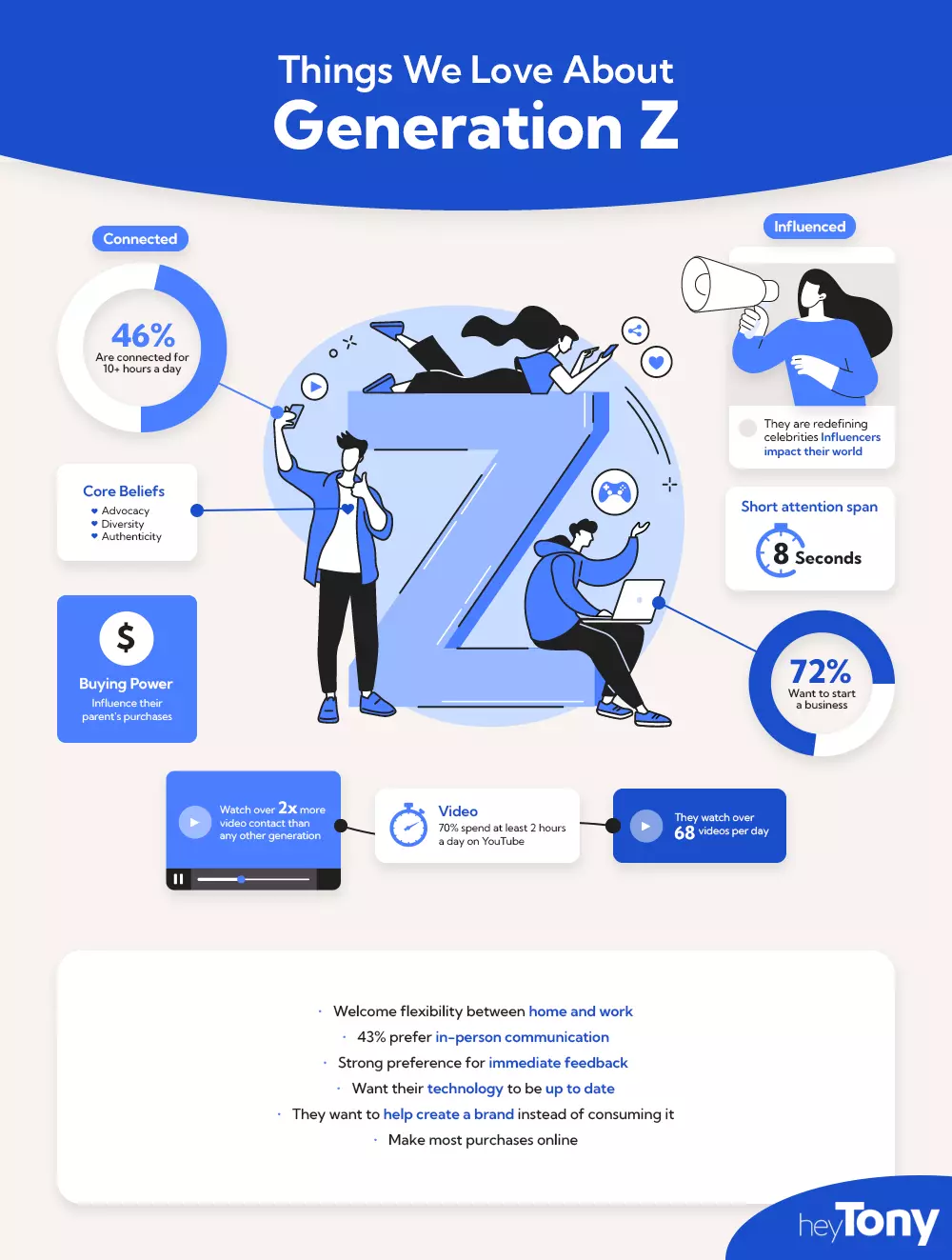
What is typical Gen Z behavior?
Generation Z demonstrates a pragmatic approach to spending, prioritizing affordability and value. They are digital natives who prefer seamless, omnichannel shopping experiences, often discovering and purchasing products through social media platforms like TikTok and Instagram. Authenticity and alignment with personal values are crucial, with many Gen Z consumers supporting brands that demonstrate social responsibility and ethical practices. According research conducted by Nielsen, E-commerce continues to grow, with projections indicating that online purchases will constitute a significant portion of total retail sales by 2040.
How Gen Z uses social media?
93% of all Generation Z age groups use social media. However, social networking was found to be an adverse influence, as 41% said social media was creating feelings of sadness, anxiety or depression, or even inciting an “insecure” feeling. Several Gen Z reports state that they feel their social networks have left them feeling excluded. Gen Z members spend 2 hours a day online and 45 minutes per day on social media, on average. The shocker is that 46% of gen zers are engaging with their phones for 10 hours or more.
Related: Social media users in Canada

What percent of social media users are Gen Z?
According to recent Gen Z market figures, 93% have used social media. It is used for general communication and keeping themselves updated on current events. As far as Generation Z and social media goes, 52% of Gen Zs follow three or more brands on social media while 73% follow at least one.
Social media impact is unconvincing to most of Gen Z shoppers. If you’re interested in promoting a product or service you can use social media as a means of advertising it. Gen Z prefers word of mouth and online ratings. While GenZers prefer face-to-face conversations, they do use Twitter for their communication, even with brands.
Related: How To Use Instagram To Grow Your Business
Eye-opening Gen Z statistics
If you count the number of Gen Z people in the U.S. and the funds they have to offer, you are right to see social media as a way to access them.
Generation Z places significant trust in peer recommendations and online reviews when making purchasing decisions. Electro IQ found that Approximately 74% of shoppers say word-of-mouth is a major factor in their buying decisions. This generation values authenticity and often relies on feedback from friends and family over traditional advertising.
In terms of entrepreneurship nearly 32% of Gen Z individuals already run their own businesses, and 21% plan to launch one within the next year, highlighting their strong entrepreneurial spirit.
Gen Z Voting Statistics
Some 78% of the Gen Zers are dissatisfied with the way President Donald Trump governs America. During the 2019 pandemic, Gen Z statistics are projected even higher. Younger Americans have a much lower tolerance for Trump (32% of respondents). The Silent Generation has a high approval rate (57%), the Boom Generation follows closely at 48% and Generation Xers at 42%.
Gen z population generally wants to see authenticity, diversity, and independence.
Gen Z’s Mobile Device statistics
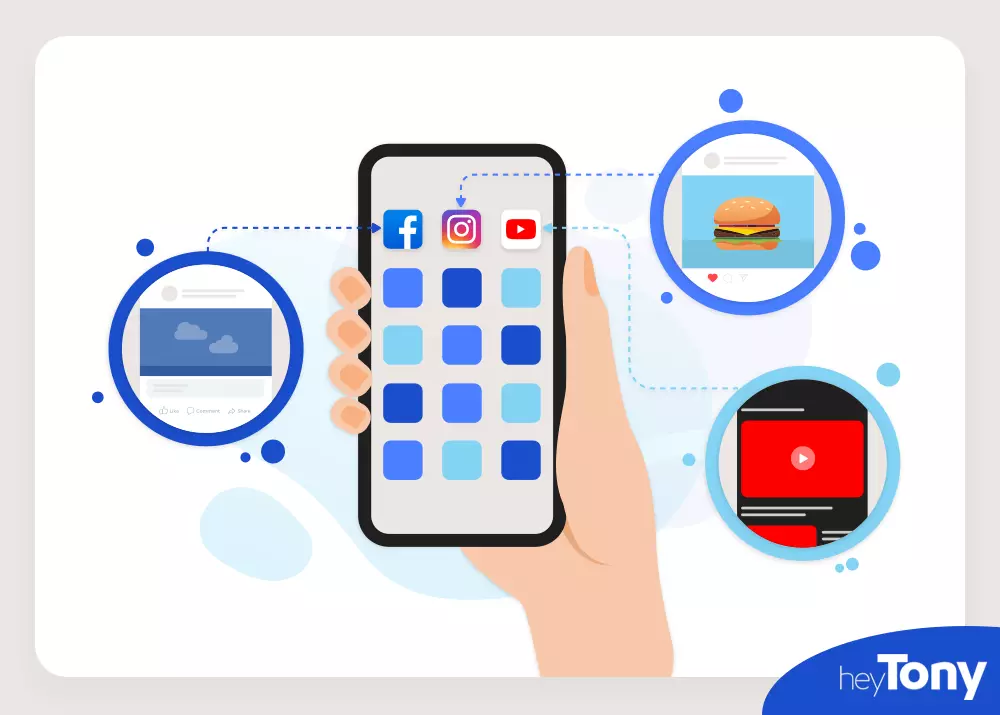
Smartphones have obvious importance for Generation Z consumers. This makes sense since they are the first generation that has never seen landline phones. For Gen Z, the adoption of new technologies can help define their advantage or disadvantage in life. Job opportunities exist within social media and Generation Z has a fear of missing out without their mobile devices. Smartphones also provide location services; 58% of Generation Z said they are willing to pay more than $5 for a 1 hour delivery item.
Related: Smartphone statistics in Canada
The Effects of Mobile Devices on Gen Z’s
48% of Gen Zers are stressed out and unhappy.
This shifting economic environment is causing a growing number of problems. Unemployment rates are high and the standard of living dwindles each year as the wealth gap widens. Gen Z unemployment is clearly evident in statistics on depression. This was an enormous concern for other generations, all generations, that had not even been resolved before the pandemic erupted.
What Gen Z are like in their free time
77% spend their offline hours doing at least one creative activity – playing an instrument, drawing or writing.

Generation Z does not like cable television. They are rather using Netflix or other streaming platforms, gen z consumers use TVs less than previous generations. They’re a creative, tech-savvy generation who enjoy travelling more than Baby Boomers or the average Gen X.
70% of GenZers watch an average of two hours of YouTube videos daily. The virtual spaces of the internet are now a good spot to meet up and have a few good conversations, socializing over video chat or virtual reality is more common than ever.
If you have something to say, say it fast, because the average attention span of the average gen z consumer is 8 seconds.
Related: User Generated Content In Your SEO Strategy
The stats you need to know about marketing to Generation Z
76.58% of GenZers are willing to share personal data with a brand in exchange for a personalized experience
Gen Zers desire quality at a very affordable rate, accompanied by excellent service. It is a more economic-minded group than previous generations. In order to get GenZers to buy, you must concentrate on personalization. Genz is the most diverse generation and being unique is important.
The loyalty program is the path to Gen Zer’s heart. 63.36% of Generation Z shoppers participate in at least one loyalty program
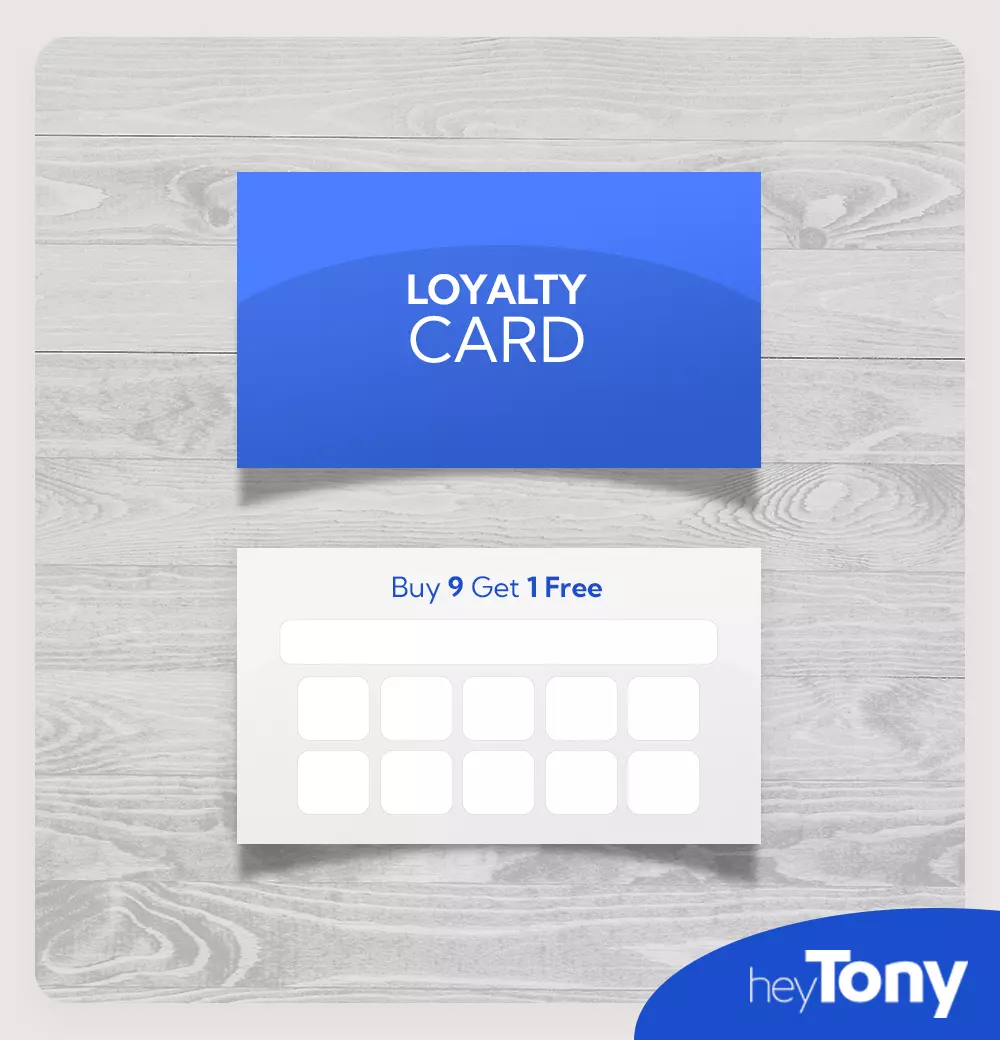
Loyalty programs are an important tool in your business. GenZers’ desire for rewards seems to be very important. If no existing loyalty program exists it might be worth considering creating one. In the minds of Gen Zers: Studies showed that 45% of Gen Z choose eco-friendly and socially responsible brands. Gen Zs don’t have much patience for advertisements though, even if 85% of Gen Zers learn about new products through social media. Pricing and online reviews are most important in making a buying decision.
Originally published . Last updated .
Categories:
Explore More


